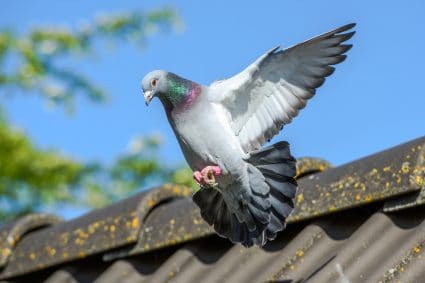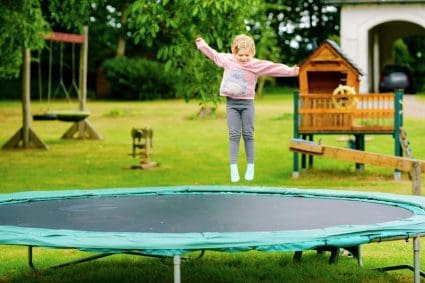
Pregnant raccoons can be a fascinating sight, but they can also pose challenges for homeowners and wildlife enthusiasts alike. Determining if a raccoon is pregnant can be difficult, but there are certain signs and behaviors that can provide clues. Below, we delve into the world of raccoon reproduction, from the mating season to nesting behaviors, physical changes, and more.
Determining if a raccoon is pregnant can be done by observing certain behaviors and physical signs. Pregnant raccoons often isolate themselves, show increased daytime activity, and may exhibit nesting signs. Physically, they may have protruding nipples and a visibly swollen belly. However, it’s important to handle these situations carefully and contact a professional wildlife removal service if needed.
Understanding Raccoon Mating Season
Raccoon mating season typically occurs from January to June, with most babies born between April and May. If you spot a raccoon during this period, particularly between late winter and early spring, there’s a good chance it could be pregnant.
Behavioral Changes in Pregnant Raccoons
Pregnant raccoons often exhibit changes in behavior that can hint at their condition. Here are some things to look out for:
- Isolation: Pregnant raccoons tend to separate themselves from their peers and seek out a safe, secure place to nest. This nesting behavior often leads them to human structures like attics or hollow trees.
- Increased Daytime Activity: While raccoons are usually nocturnal, pregnant raccoons often forage for food during the daytime. This increased activity can signal that a raccoon is pregnant and needs more food to support her growing kits.
- Nesting Signs: If you hear heavy thumping or scratching sounds in your attic, it could indicate the presence of a nesting female. Visible damage to siding, roofing, vents, or soffits can also suggest that a raccoon has created an entry point to a nesting site.
Physical Signs of Pregnancy in Raccoons
In addition to behavioral changes, there are also physical signs that can indicate a raccoon’s pregnancy:
- Protruding Nipples: A close-up view of a female raccoon may reveal protruding nipples, a sure sign that she is nursing or in the latter stages of pregnancy.
- Swollen Belly: Although not always apparent due to the raccoon’s thick fur, a visibly swollen belly can be a sign of pregnancy.
Precautions and Safety Measures
Dealing with a pregnant raccoon requires careful handling to ensure the safety of both the raccoon and the person involved. It’s important not to attempt to remove the raccoon by yourself, as pregnant raccoons can be fiercely protective and may become aggressive. Instead, contact a professional wildlife removal service to handle the situation safely and humanely.
Conclusion
Determining if a raccoon is pregnant is not always straightforward. However, by observing certain behaviors and physical signs, one can make an educated guess. Always remember to handle such situations with care to ensure the safety of both the raccoon and yourself. If in doubt, reach out to a professional wildlife removal service for assistance.
Understanding raccoon reproductive behaviors not only helps us manage our interactions with these creatures but also deepens our appreciation for the complexity and diversity of wildlife.
Frequently Asked Questions
How long is the gestation period for raccoons?
The gestation period for raccoons is approximately 63 to 65 days.
How many kits does a raccoon typically have in a litter?
A raccoon typically has between two to five kits in a litter, although this can vary.
What should I do if a pregnant raccoon is acting aggressively?
If a pregnant raccoon is acting aggressively, it’s best to keep your distance and contact a professional wildlife removal service. Do not attempt to handle the raccoon yourself.
What do raccoons eat?
Raccoons are omnivores, meaning they eat both plants and animals. Their diet typically includes fruits, nuts, insects, worms, rodents, and even garbage in urban areas.
Can raccoons carry diseases?
Yes, raccoons can carry several diseases that can be transmitted to humans, including rabies, leptospirosis, and roundworm. This is another reason why it’s important to contact a professional if you need to remove a raccoon from your property.









